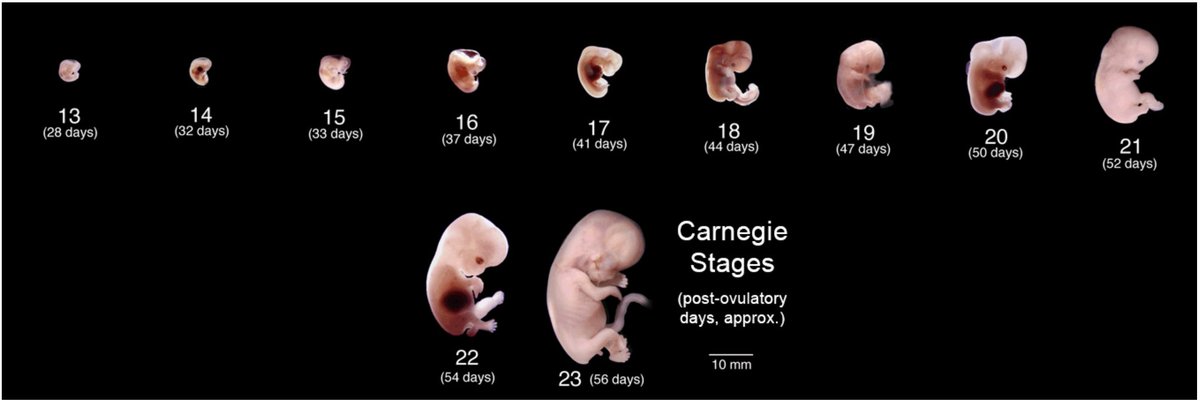I have some questions about this article. The El Paso massacre "has revived debate about the limits of free speech, protected by the First Amendment in the United States."
Who's reviving it, aside from this article itself? The article offers no examples. nytimes.com/2019/08/06/wor…
Who's reviving it, aside from this article itself? The article offers no examples. nytimes.com/2019/08/06/wor…
Question two: The article talks at great length about precedents for legal restrictions on free speech. What is the case for how any of these might have stopped the El Paso massacre? Again, no attempt to address this.
Is the idea that if it had been illegal for the El Paso shooter to publish his racist manifesto, that might have prevented the shooting? That's outlandish.
The article talks entirely about hate speech laws in France and Germany, then nods to "cultural and legal differences that exist between France and the Anglo-Saxon world regarding free speech." What are those differences?
The article cites Germany's law that fines social media companies $57 mil if they don't remove "racist or slanderous comments or posts." Do social media platforms currently lack motivation to restrict speech on their platforms, ban accounts, and remove posts?
Someone somewhere is just asking these questions; I of course am merely passing them along.
Also: Are $57 million fines for posting hate speech actually "not a limitation" on freedom of expression? 

I assume our intrepid reporters will inform us when a debate on that point Revives.
• • •
Missing some Tweet in this thread? You can try to
force a refresh





